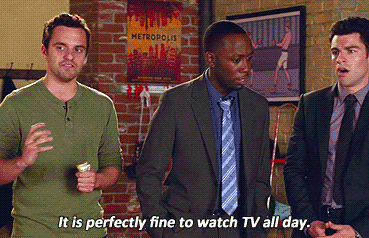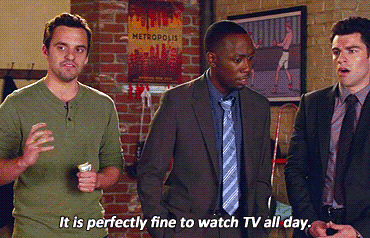One of my many lockdown pursuits was watching the entirety of E4’s Made In Chelsea. I’d casually followed the show since 2018, but with plenty of free time to kill, I decided to dedicate myself to watching the show from the very beginning. The early seasons of MIC are a great example of what I love most about reality TV. It’s awkward, often predictable, and almost sit-com like. Watching Spencer Matthews tell Louise Thompson “It’s f****** hard for me to respect you when you allow me to cheat on you” during Season Five has been burned into my brain ever since.
When I speak of my love of reality TV, I am not referring to the overwhelming abundance of dating game shows that Netflix and the like churn out at an incredible rate. Shows such as Married at First Sight and Love Is Blind seem to consider embarrassing their contestants until they inevitably break-down an essential pillar to the success of a show. This is not the sort of television I enjoy. Exploiting our human desire to find love might make for interesting viewing but leaves me feeling predictably miserable. However, watching a group of women in Beverly Hills drag their bored husbands to dinner parties? I’m in.
The best reality TV shows, I think, show the uncomfortable ups and downs of life. Heartbreak, lack of purpose, and friendship breakdowns make up much of the subject matter of shows like Made In Chelsea, The Only Way Is Essex, and The Real Housewives. These shows do not set out to exploit their casts for the prize of finding love, but rather follow their lives more generally, showcasing the intricacies of human existence. While I might never have been dumped by a boyfriend at the polo, or live in an L.A. mansion, I do find the depiction of such universal suffering and joy incredibly comforting.
That is not to say that these shows are without their problems. Undeniably, they are somewhat set-up, and many might argue that their excessive depictions of wealth and power could be rotting my brain, but I will not be ashamed of my love of this genre of television. I think it can teach us more about ourselves than we realise. After all, how can a one-hour episode of MIC that covers the nuances of infidelity, same-sex adoption, and growing distance between two long-term friends ever be considered low-brow?

